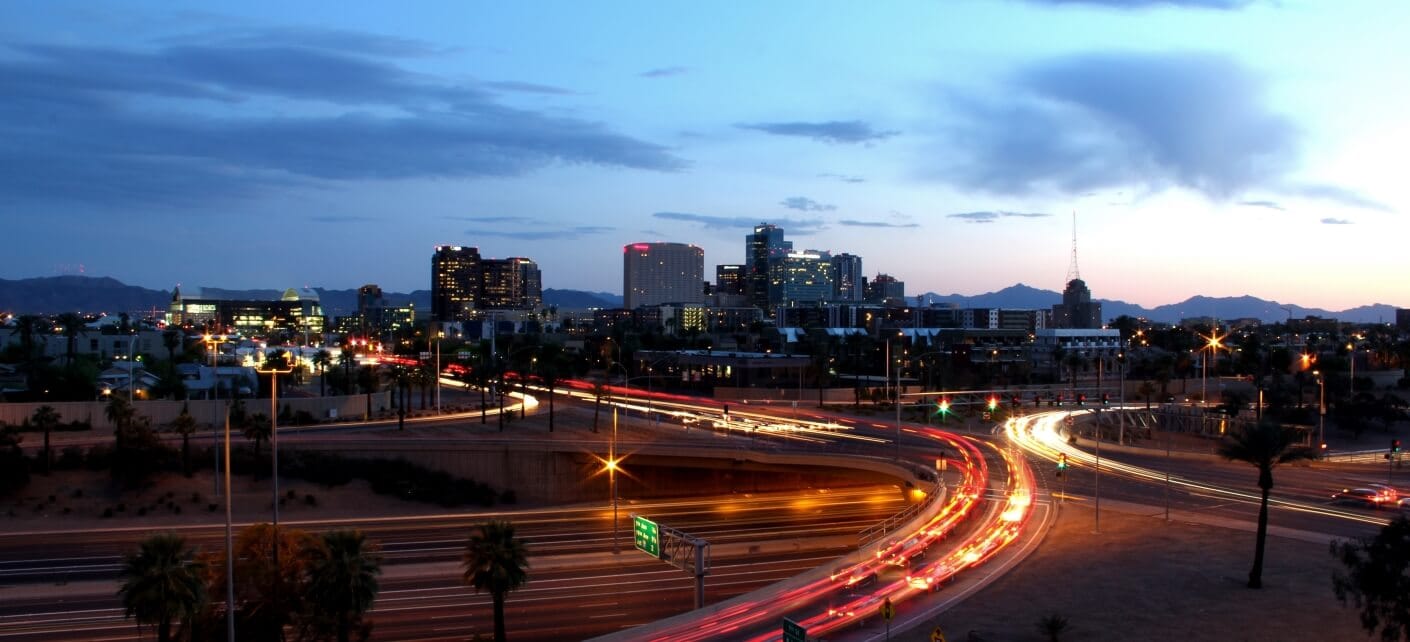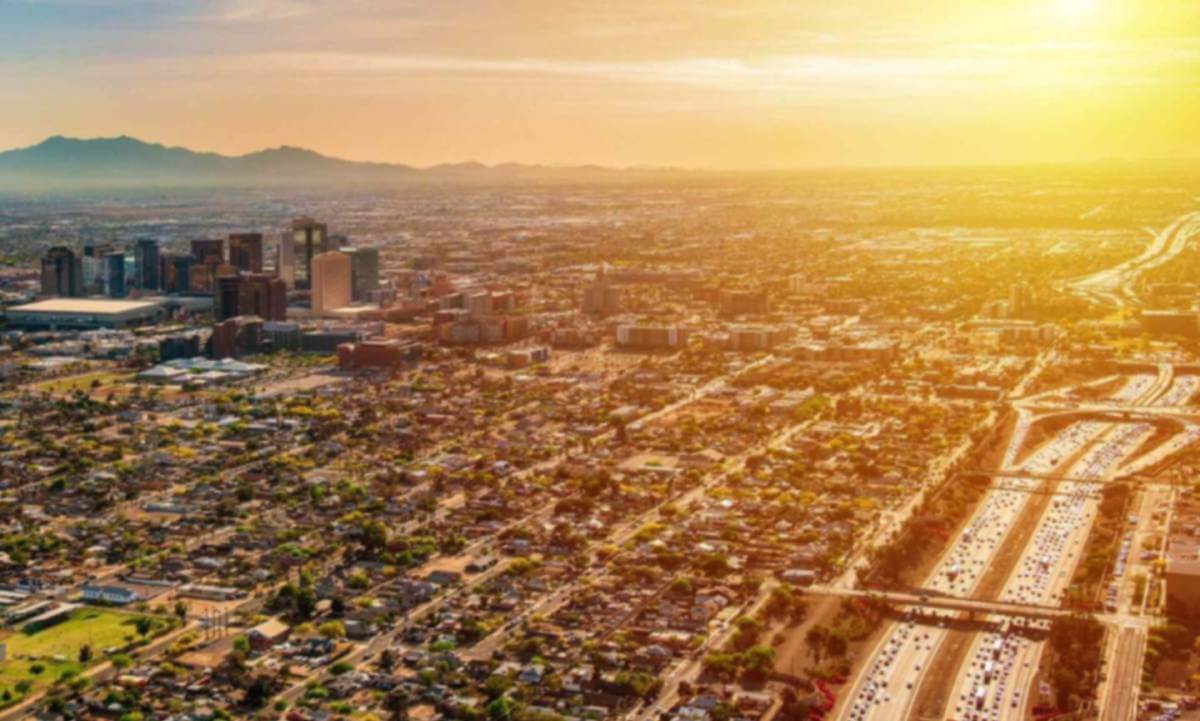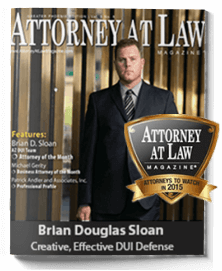Interviewer: Maybe someone’s had a couple of drinks. They realize, they say, “Hey let me go to a restaurant and get a cup of coffee and stay there for a while.” Can a police officer arrest them at that point?
Brian: The Shelter Rule is meant to be a defense for being in actual physical control of the vehicle. It seems obvious that if someone is in a parking lot or if they’re on the side of the road and they’re drunk. They have pulled over because they’re drunk. They have relinquished control of their vehicle; it seems obvious that they drove to that position probably in a drunken state. But the Shelter Rule is meant to protect those people from being alleged to be in actual physical control of the vehicle.
The Shelter Rule Defense Can Be Utilized to Protect a Driver that Has Voluntarily Relinquished Control of the Vehicle
If a police officer is following behind someone, even if the person on their own initiative pulls over to the side of the road or pulls over to a parking lot, officers still observed them actually driving the vehicle. Since the law is taking into consideration someone who is driving or someone who is in actual physical control, the person is not going to be able to get around the officer having seen them drive to the place where they ultimately stopped.
An issue that has come up on occasion is where a civilian is following someone and is on the phone with 911 reporting that there is a possible drunk driver, but then this possible truck driver pulls over on their own into a parking lot and parks their vehicle and relinquishes control. You have a civilian that may have seen them driving, but the person didn’t pull over because of that civilian. That civilian did not cause them to pull over.
Did the person do the right thing and are they allowed the benefit of the Shelter Rule? Or should they be punished as a drunk driver because there was someone who observed them driving? These are still issues that haven’t really been ironed out. However, there really should be an encouragement to pull over to the side of the road and relinquish control. Unfortunately, it’s not clear when someone relinquishes control.
It Is Advisable to Place the Car Keys out of Easy Reach and Sit in the Back Sit If You Are Utilizing the Shelter Rule
Usually, the best advice is to get into the passenger seat or get into the back seat, remove the keys from the vehicle, place them not just outside the vehicle, but far away from the vehicle. If you put them on your roof that’s fine, but the prosecutor can always allege that, “They were still easy access. All you had to do was to take them off the roof and then put them back in the car.”
If you have the air conditioner or the heater running, sit in the passenger seat or sit in the back seat. This is how you can protect yourself while still keeping yourself safe from the elements.
What Should You Say to Law Enforcement While You Are Utilizing the Shelter Rule?
Interviewer: What are the one tell the officer at that point when they get pulled over and they’re trying to apply the Shelter Rule?
Speak as Little as Possible and Avoid Incriminating Admissions
Brian: I think it’s a combination of having done the right thing and keeping quiet. If an officer comes upon someone who is parked in a parking lot, keys in the ignition, air conditioner on, and maybe the person is under the influence of alcohol, the officer doesn’t necessarily know that the person drove there in an intoxicated state. Usually, a person makes the mistake of admitting to too many things. The person might say, “I was drunk. I was at a bar and then I drove here because I felt I was drunk.”
It’s still possible to get the Shelter Rule defense. But then there becomes the added issue of did you just admit to driving in is that going to undo any Shelter defense? As usual, admissions are the thing that harms the client the most.
They need to learn to keep quiet and to not say anything. They have a constitutional right to remain silent and they should invoke that. They should utilize it.











